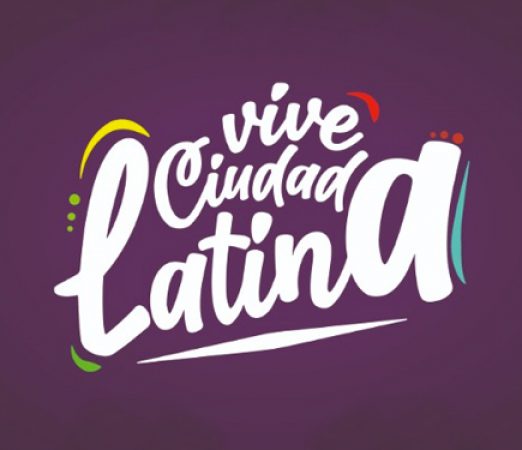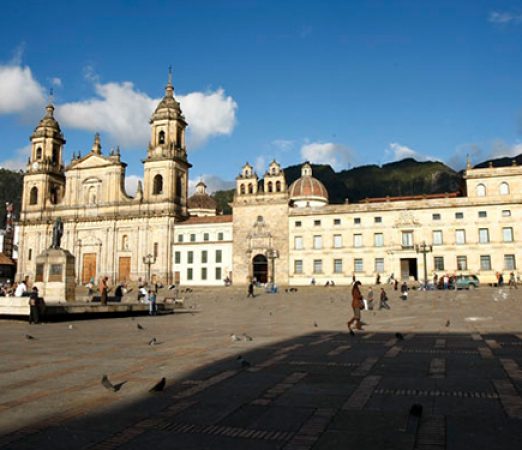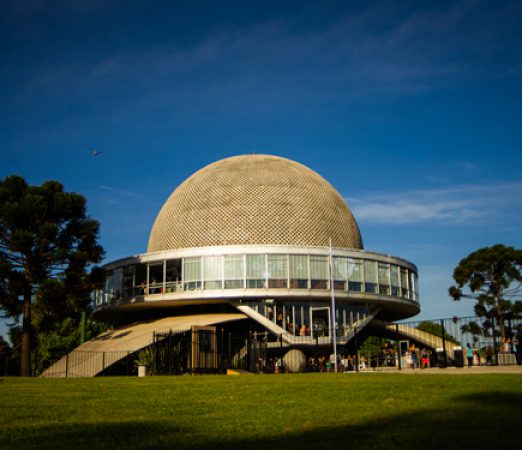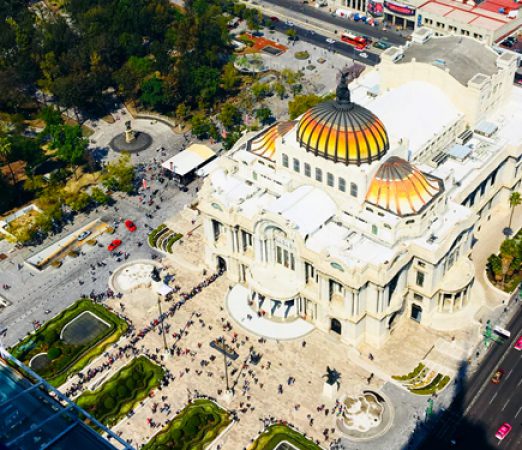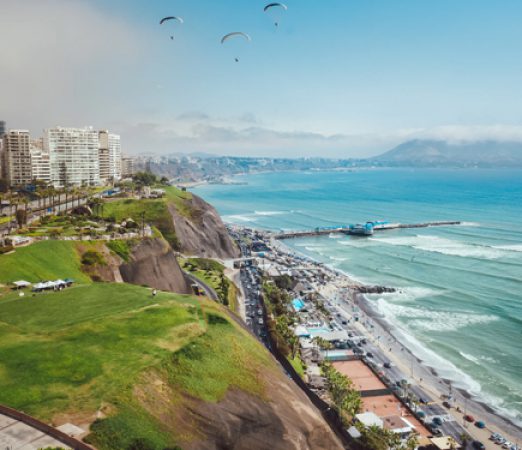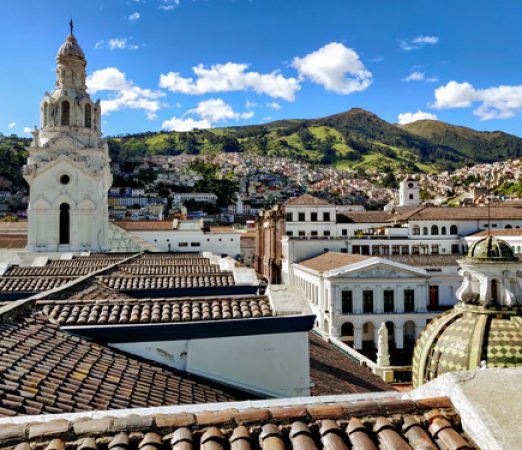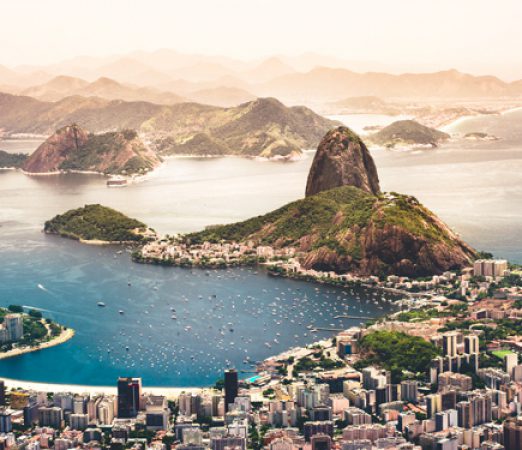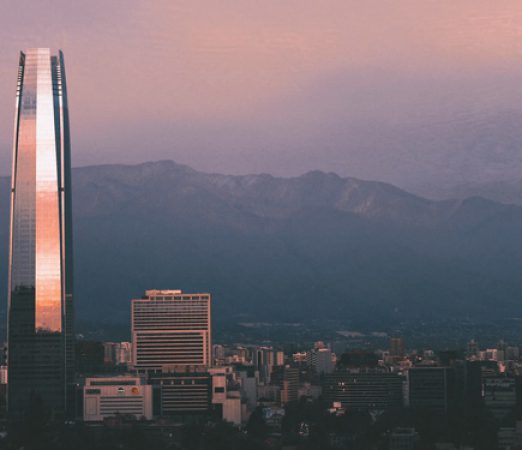Before the pandemic generated by COVID-19, it was estimated that one in ten jobs in the world derived from tourism and the number of international travelers had been growing rapidly, so much so that it was expected that by 2030, this indicator would reach 1.8 billion people.
But this global pause not only slowed down this growth but also helped the world’s cities to rethink strategies to activate tourism in their different destinations and to work together too while preserving biosecurity measures, invite world travelers to plan their next trip.
Live Latin City!
Through the motto Live Latin City, the cities of Medellín, Bogotá, Buenos Aires, Mexico City, Lima, Quito, Rio de Janeiro, Santiago de Chile and Sao Paulo make up the Network of Latin American Urban Destinations (RDUL), which adapting to the changes and adopting the necessary measures to be safe, seeks to jointly promote tourist reactivation and encourage the arrival of international visitors by promoting the different cities as a single destination: Latin America.
The joint promotion seeks to highlight the attributes that unite cities as Latin destinations, beyond borders: their enveloping natural landscapes, their fascinating urban and cultural experiences, their authentic gastronomy, their welcoming and festive spirit that captivates every visitor, and a Unique and fascinating eclecticism that only one of the most diverse regions in the world could offer.
Photographys by unsplash.com
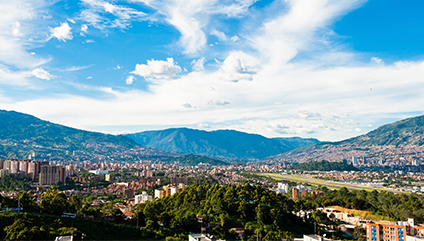
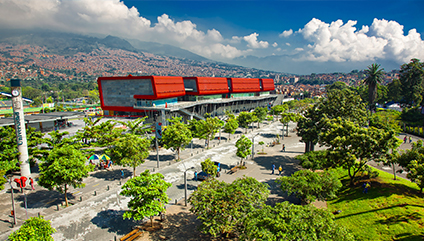
Medellin Latin City
Medellín is considered the second most important city in the country after Bogotá, the city enchants its visitors with the kindness of its people, the diversity that embraces its mountainous landscape, and the tourist, cultural and artistic offer that can be enjoyed throughout the year. thanks to its privileged climate.
It is also the second most connected city in the country after Bogotá, from where, in regular times, there are around 48 direct daily flights with a duration of approximately half an hour; being the city of Colombia with more number of connections with the capital.
Medellín, as a benchmark for social and urban transformation in the world, stands out in recent years for being considered an innovative, creative, and resilient city.
Biosecurity for travelers
Today the borders of the seven countries are open and the nine cities declare that they are ready to receive foreign visitors, complying with all biosafety protocols.
Showing the tourist and cultural wealth of Latin America together will allow receiving more and more travelers, thus helping to protect tourism and preserve the benefits it brings to the economy and development of the countries.
